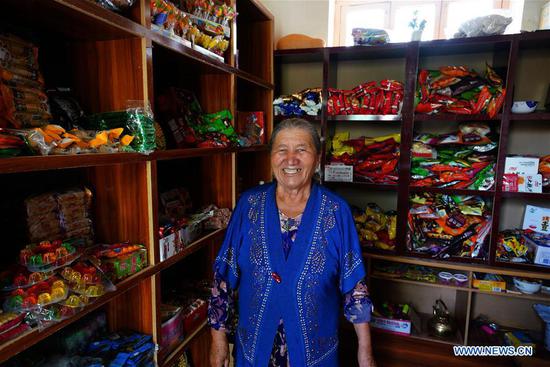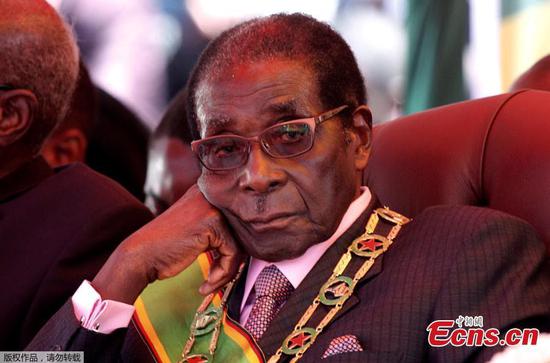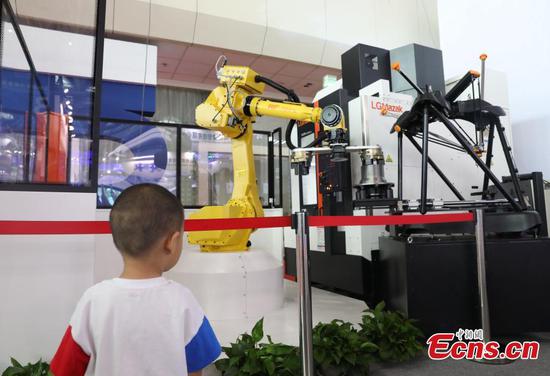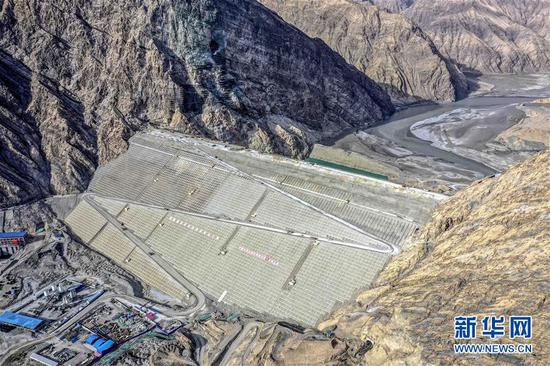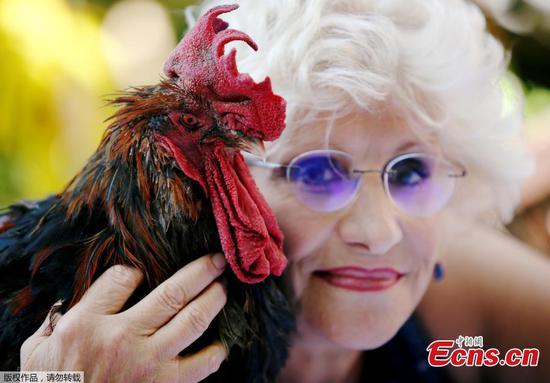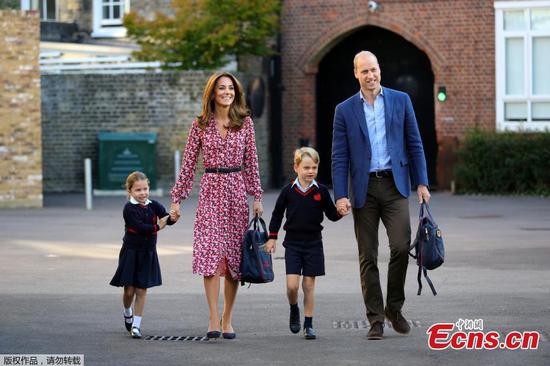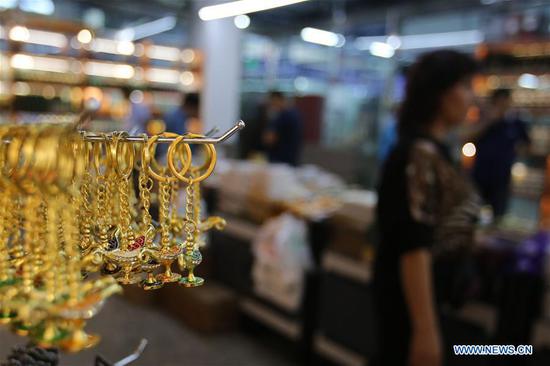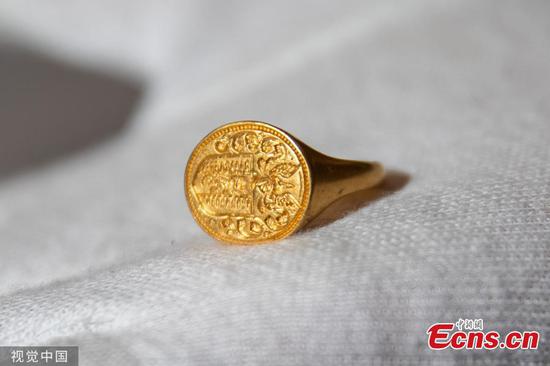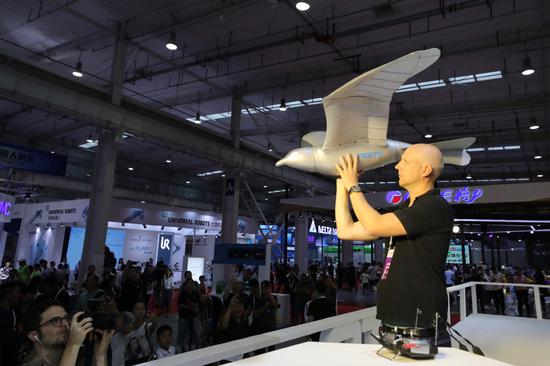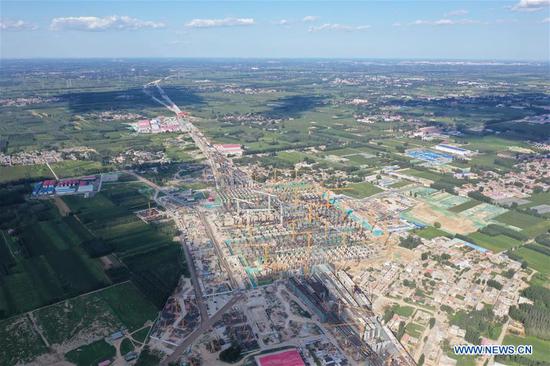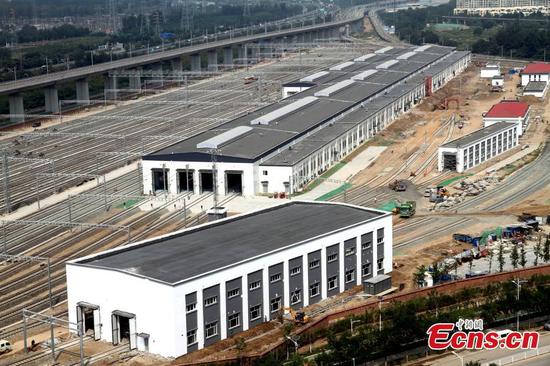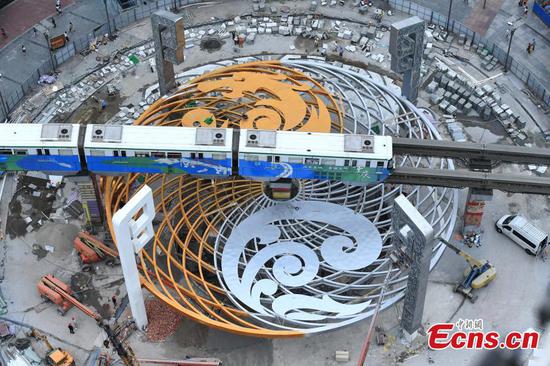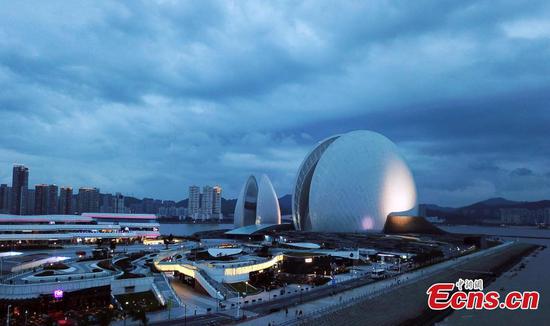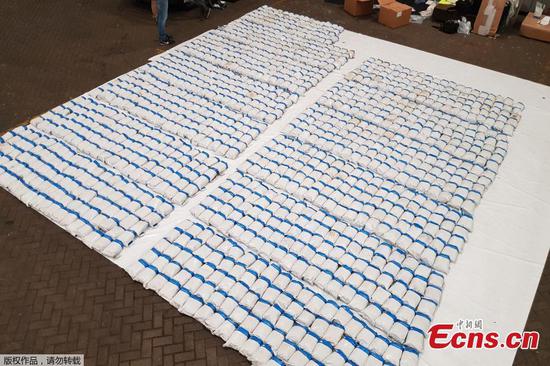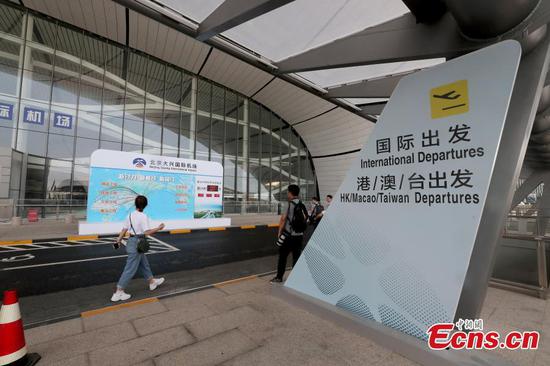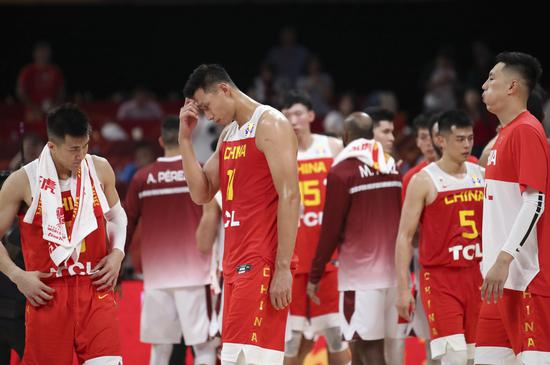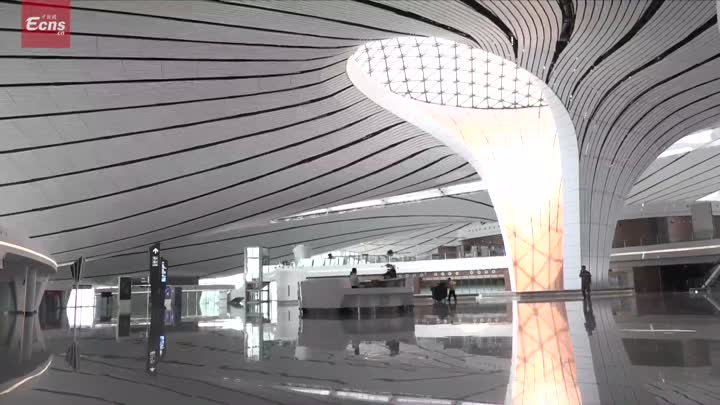
A clerk counts cash at a bank in Huaibei, Anhui province. (Photo provided to China Daily)
Proactive efforts called for to promote economic and financial stability
China will likely intensify monetary easing and adopt more pro-growth measures to stabilize growth and prevent a dramatic economic slowdown as policymakers have sent strong loosening signals at several key meetings, analysts said.
The latest message came from Vice-Premier Liu He, who called for proactive efforts to promote economic and financial stability at a teleconference held by the State Council's Financial Stability and Development Committee on Thursday.
Liu, who is also head of the committee, called for greater credit support for small and private businesses while urging for more support for banks to replenish capital through innovative tools to boost mid and long-term lending to manufacturing and private companies.
The vice-premier stressed the necessity to enhance countercyclical adjustments and to make great efforts to improve the transmission of the monetary policy in the economy. The vice-premier also asked financial institutions to defuse financial risks and ordered local governments to improve financial regulations with effective crackdowns on illegal activities.
China's central bank, or the People's Bank of China, announced on Friday to cut the reserve requirement ratio for financial institutions by 50 basis points from Sept 16 in the latest effort to bolster the economy.
China is scheduled to release a set of economic data for August in the coming weeks including trade, inflation and credit data.
Some economists expect the August data will indicate a reversal of weakness in July but the rebound in August is unlikely to be sufficient to make policymakers hold their next moves to stimulate growth.
The central bank will also seek to reduce interest rates ahead of the meeting of the Unites States' Federal Reserve scheduled on Sept 19, analysts said.
"Policymakers plan to accelerate the lowering of the actual interest rate level and to improve the performance assessment incentive system for financial institutions to increase financial support given to the real economy, especially small and micro enterprises. This suggests rates such as the MLF (medium-lending facility) and LPR (loan prime rate) may be lowered soon," Goldman Sachs' China economists wrote in a research note.
Zhang Chen, an analyst at China Galaxy Securities, said that conditions are mature for China to adopt more monetary loosening as economic indicators have pointed to slower growth and the weak external demand is unlikely to significantly improve in the short term amid a decelerating global economy and uncertainties around the China-US trade conflict.
"Central banks in major countries have been forced to adopt monetary easing. Considering the condition of the foreign exchange markets and the trend of capital flow, now is a comfortable time for China to loosen monetary policy. I don't see a reason for China not to do so," Zhang said.









